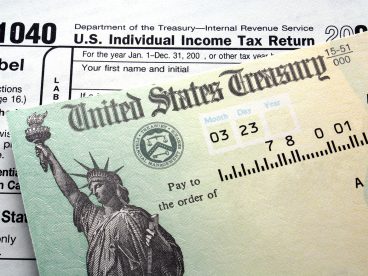
The IRS now allows taxpayers to view their Economic Impact Payment amounts online, if any, by using their online account. Online account is an online system that allows taxpayers to securely access their individual account information. Taxpayers can view:
- The amount they owe, updated for the current calendar day
- Their balance details by year
- Their payment history and any scheduled or pending payments
- Key information from their most recent tax return
- Payment plan details, if they have one
- Digital copies of select notices from the IRS, and
- Their Economic Impact Payments (EIP 1 and EIP 2), if any
Use: https://www.irs.gov/payments/view-your-tax-account
Taxpayers can also:
- Make a payment online,
- See payment plan options and request a plan via Online Payment Agreement, &
- Access their tax records via Get Transcript. The amount of the Economic Impact Payment is needed when calculating the amount of the taxpayer’s Recovery Rebate Credit for 2020.
Warning. Taxpayers must first create an account with the IRS before accessing any information. Tax professionals are not allowed to access or create an account for their tax clients. The taxpayer must create his or her own account and is the only person allowed to access the information, even if the client provided their information to the tax professional to create or access an account, or consented to use their information to create or access the account. Unauthorized use of the online account system is prohibited and subject to criminal and civil penalties.
